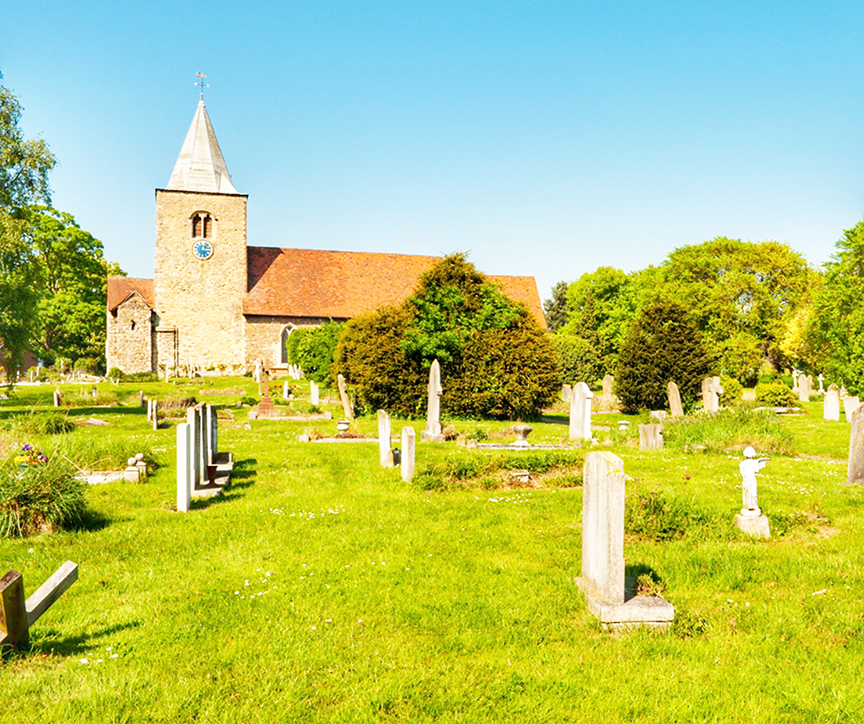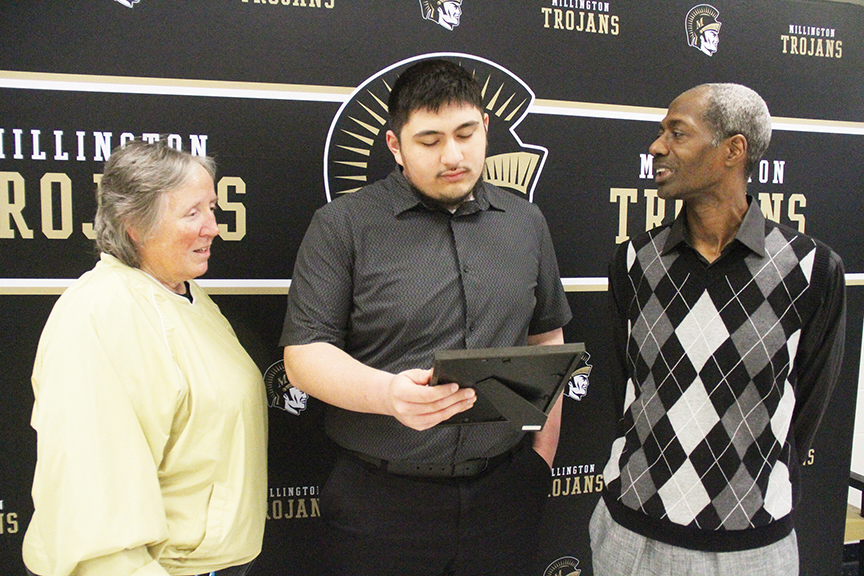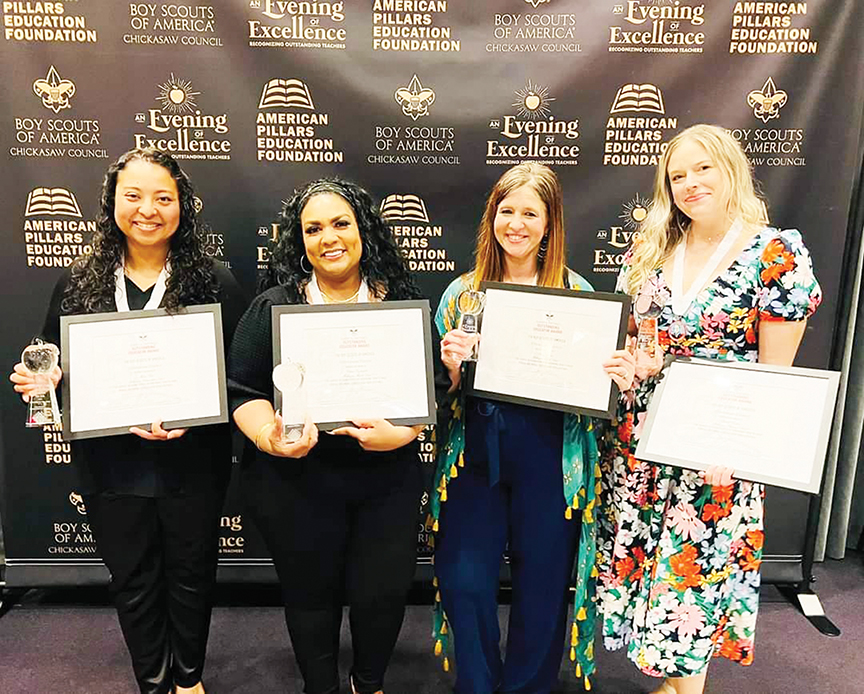
By David Peel
For the majority of recorded history, families were born, lived, and died in or near their little village.
With the exception of merchants, traders, soldiers, or explorers, few would venture more than 25 miles from the homeplace.
Prior to the 1200s, these families seldom even had official last names. In a village, where there might be three men named John, they would be identified in other ways.
John, the tailor, would eventually be known as John Taylor and his children would carry that surname.
John, whose dad was Erik, might be referred to as John Erickson eventually.
And finally, John who lived in the woods, might become John of the forest. And his children may carry the last time Forrest. If this rings a bell, you’ll see it in biblical names where you had John the Baptist, Simon the zealot, or even Jesus of Nazareth.
The advent of railroads, and then eventually vehicles, and finally highways and interstates, intermittently, would bypass little towns, and suck them dry of talent to bigger cities. Gone were the times of the village in many places.
When the little towns got bypassed, or their population did not renew, we lost several things that we cannot get back.
The idea of innate connection with family where you’d have literally three and four generations on the same property helping take care of each other, whether Aunt Millie had pneumonia or little granddaughter Ella needed some extra love.
The idea of a pastor of the community church, who is practically a member of everyone’s family, handled all the baptisms, and weddings, and preached all the funerals.
Their daily realization as you walked to church that was surrounded by the graveyard that your soul was eternal, but your body would interred on the very property that you attended at least once a week.
It was a simpler life. Whether better or worse depends on one’s perspective.
But I can see our human hearts hanging on slivers of small town life and innate connection—as if that was what was always meant to be.



